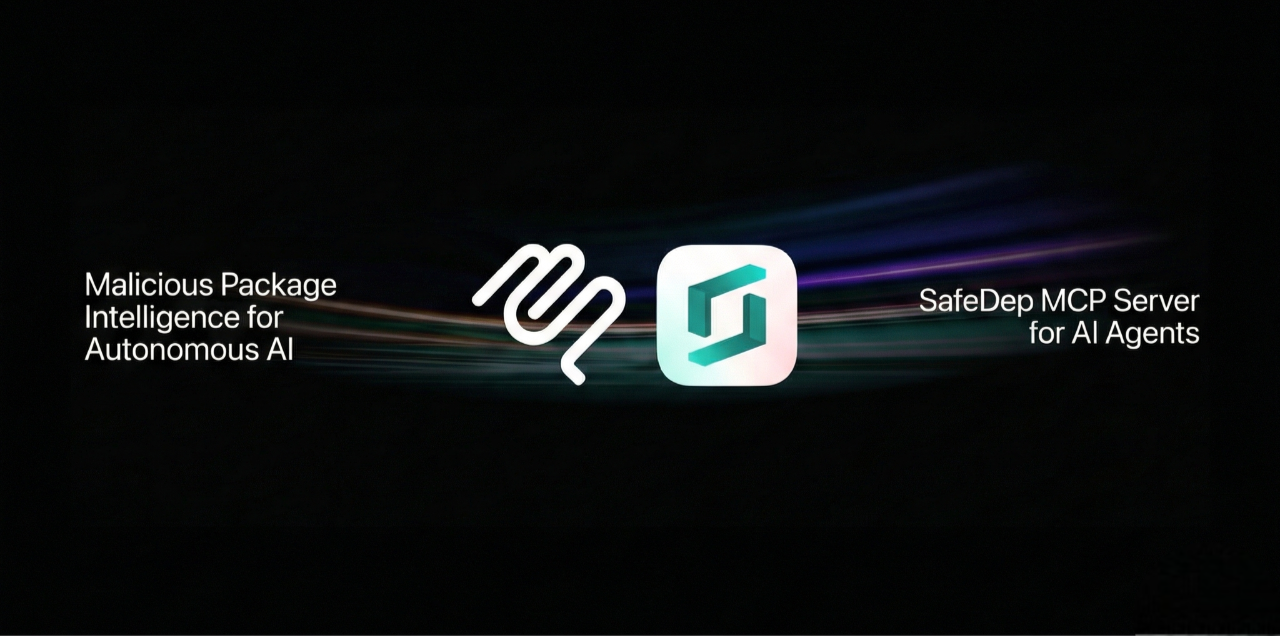Eliminating SCA Noise using Dependency Usage Evidence
Table of Contents
A 3rd party dependency may be referenced in a package manifest such as requirements.txt or package-lock.json but not actually used in code. Vulnerabilities or other risks in such packages are not useful. Most SCA tools today lack the code context information preventing them from distinguishing between dependencies that are actually used in the codebase and those that are not. SafeDep Code Analysis framework augments vet, our free and open source tool with code context. This allows us to eliminate false positives and noise by considering the actual usage of a dependency in the codebase. In this article, we will look at how we can use dependency usage evidence to eliminate noise in SCA.
Getting Started
Ensure you have vet 1.9.2+ installed in your system. For help with installation, refer to the vet Installation Guide.
Create Code Analysis Database
Analyse your code base to create a code analysis database:
vet code scan --app /path/to/code --db /tmp/code.dbRun vet Scan with Code Analysis Database
Run vet scan with code analysis database to augment vet results with code context information:
vet scan -D /path/to/repository --code /tmp/code.dbDemo
- sca
- nextgen-sca
- code-analysis
- guide
Author
SafeDep Team
safedep.io
Share
The Latest from SafeDep blogs
Follow for the latest updates and insights on open source security & engineering

Malicious npm Packages Target Schedaero via Dependency Confusion
A detailed analysis of a dependency confusion supply chain attack likely targeting Schedaero, a leading aviation software company. We dissect the payload, the exfiltration mechanism, and the...

AI Agent Cline v2.3.0 Compromised: From Prompt Injection to Unauthorized npm Publish
A compromised npm token was used to publish a tampered version of Cline CLI. A prompt injection vulnerability in Cline's AI-powered GitHub Actions workflow may have enabled the credential theft.

npm SANDWORM_MODE Attack: Step-by-Step Malware Analysis
Step-by-step technical analysis of the SANDWORM_MODE npm supply chain attack. We dissect yarsg and format-defaults malicious packages, decode multi-layer obfuscation, and trace the payload delivery...

Why We Built a Hosted MCP Server to Stop Malicious Packages for AI Agents
Exposing an MCP server is trivial. Making it useful for AI agents is not. Here's what we learned dogfooding our own tool, and why we built a hosted MCP server backed by real-time open source threat...

Ship Code
Not Malware
Install the SafeDep GitHub App to keep malicious packages out of your repos.
